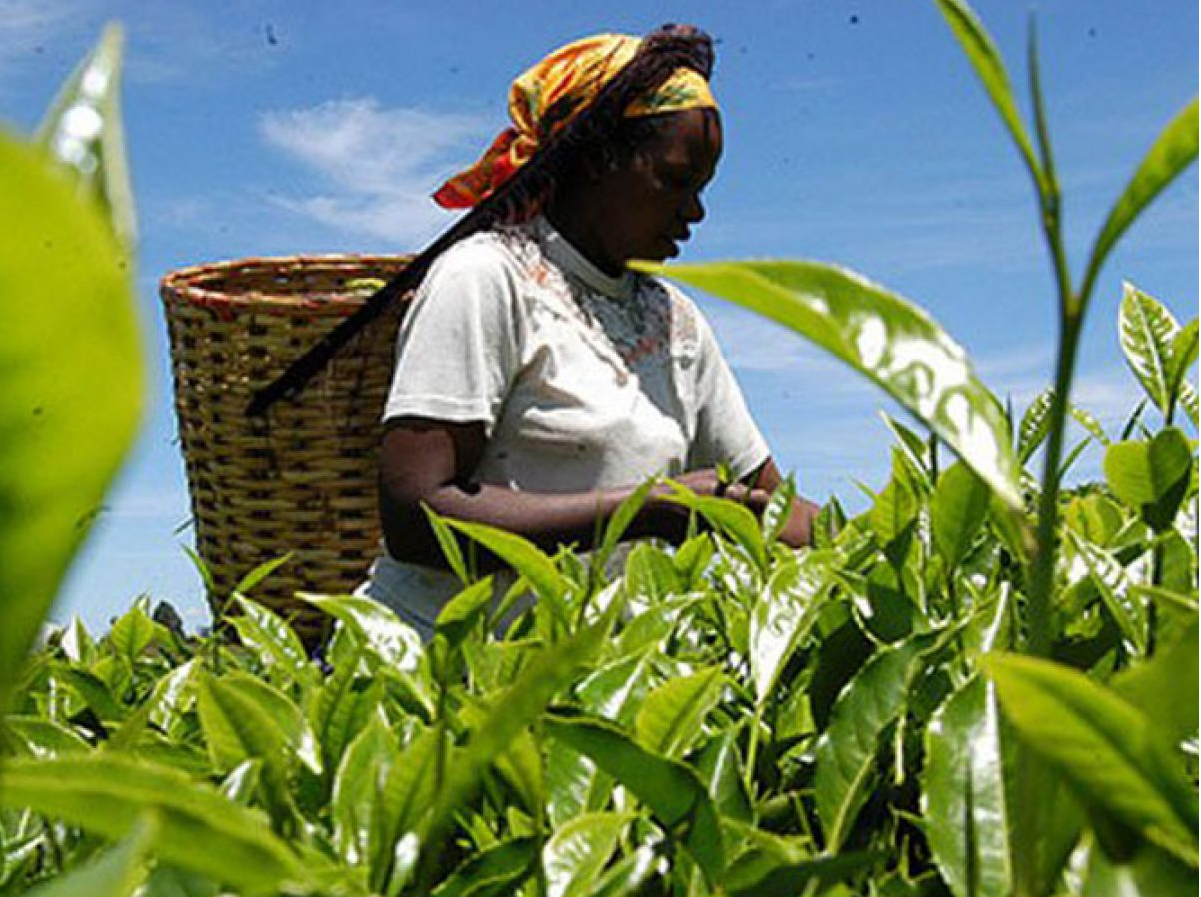The country’s private sector economy took a hit in April as business activity and employment indicators hit a 17 month low on the back of unreliable weather conditions and intermittent cash flow issues, the Stanbic Purchasing Managers Index (PMI) shows.
As a result, new orders were also broadly unchanged from March after continuous growth since the end of 2017.
Firms were also forced to cut output prices as input prices rose at a quicker pace for the first time in 17 months, as drier than expected weather inflated commodity prices.
From 51.0 in March, the headline PMI slipped below the neutral 50.0 threshold to post 49.3 in April.
According to the lender’s Regional Economist Jibran Qureishi, this marked the first time in nearly one-and-a-half years that the series has fallen into contraction territory, signalling a slight deterioration in business conditions. It was also the fourth successive drop in the headline reading.
Some companies were affected by dry weather during the normal “long rains” season, leading to a reduction in agricultural output.
In addition, many firms cited issues with money circulation in the economy which had a notable impact on activity levels.
“Cash flow issues were also noted by many firms reporting falling new orders in April. As such, private sector sales were broadly unchanged from March, ending a 16-month period of growth,” reads the PMI “New export orders were seemingly unaffected though, with latest data pointing to another sharp rise in sales from abroad,”
{Read: KWAL unveils new ciders production line}
Weakness around output and new orders led firms to reduce employment slightly in April, the first fall in job numbers since late-2017. Purchasing activity and stock levels continued to rise, albeit at a weaker pace than in March.
At the same time, output charges at Kenyan firms dropped, as firms looked for new customers whilst sales growth slid to a halt.
Nevertheless, business sentiment remained strongly positive in April, dipping only slightly from March’s 54-month high. Firms related their optimism to plans to improve efficiency and expand into new markets over the coming year.
Qureishi noted, “Given the delays in the long rains, the planting season for majority of farmers has been negatively impacted.Additionally, the dry spell reduced tea production without resulting in an increase in prices, due to the fact that globally tea supply has substantially increased,”
{See also: New UN report portrays a failing planet}
“Granted, the long rains have started now, however private consumption is always also dragged lower during periods where the weather is poor owing to the high dependence on the agrarian sector,”












3 Comments